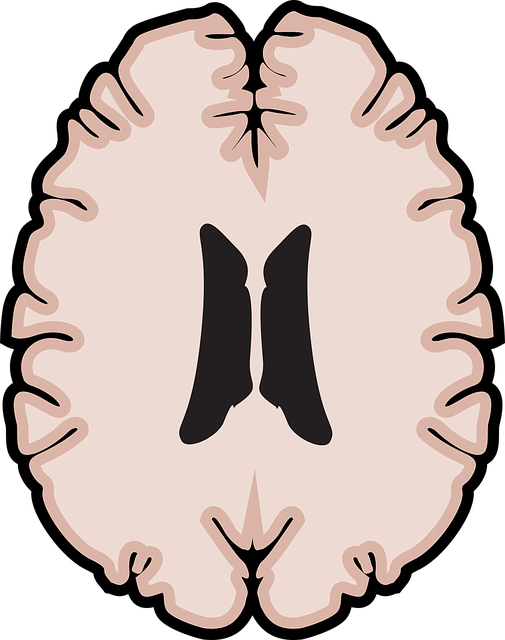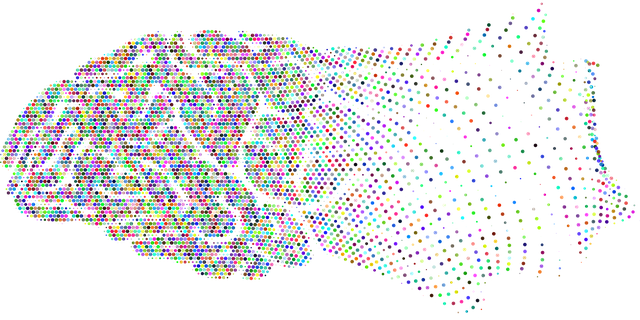In vibrant, fast-paced Denver, navigating mental health awareness requires understanding the city's diverse population. Key initiatives like Denver Mental Health Evaluations and Therapy focus on stress management, skills development, and mood regulation. Effective public campaigns should engage the community through accessible programs, real-life stories, and expert insights to reduce stigma, promote early intervention, and direct people towards available resources. Measuring campaign impact through engagement and service usage analysis, while integrating Mind Over Matter principles, ensures improved emotional regulation among participants. Organizations specializing in Denver Mental Health Evaluations Therapy continue to innovate, adopting self-care routines and empathy-building workshops for better therapeutic outcomes.
In today’s digital era, public awareness campaigns play a pivotal role in shaping societal perceptions. This article explores the development of such initiatives, with a specific focus on mental health outreach in Denver. We delve into understanding public sentiment within the context of Denver, designing impactful campaigns, and measuring their effectiveness.
Key strategies for continuous improvement are highlighted, emphasizing the importance of regular Denver mental health evaluations and therapy outreach to foster a healthier community. By implementing evidence-based practices, these campaigns can revolutionize mental healthcare accessibility.
- Understanding Public Awareness: The Denver Context
- Designing Effective Mental Health Campaigns
- Implementing and Measuring Impact
- Continuous Improvement Strategies for Therapy Outreach
Understanding Public Awareness: The Denver Context

In the vibrant city of Denver, a unique challenge presents itself when it comes to public awareness campaigns, particularly in the domain of mental health. With a diverse population and a bustling lifestyle, understanding the local context is paramount for any initiative aimed at improving mental well-being. Denver Mental Health Evaluations and Therapy play a pivotal role in this narrative. The city’s fast-paced environment, while energetic, can also contribute to heightened stress levels and potential mental health concerns among its residents.
Thus, awareness campaigns must be tailored to resonate with the unique needs and challenges of Denver’s population. By focusing on themes such as Coping Skills Development, Depression Prevention, and Mood Management, these campaigns can effectively address prevalent issues. Engaging the community through accessible and relevant programs can foster a culture of open dialogue about mental health, breaking down barriers and encouraging individuals to seek necessary support.
Designing Effective Mental Health Campaigns

In the realm of public awareness campaigns development, particularly for mental health issues like Denver Mental Health Evaluations and Therapy, designing effective strategies is paramount. Campaigns should not only educate but also inspire action. By integrating Stress Reduction Methods and Mind Over Matter Principles, these initiatives can empower individuals to take control of their mental well-being. Utilizing engaging narratives, relatable content, and accessible platforms are key; ensuring that messages resonate with diverse audiences, fostering open conversations about mental health without stigma.
The success of such campaigns hinges on tailored messaging that acknowledges cultural nuances and individual experiences. Incorporating real-life stories and expert insights can further enhance their impact. Moreover, providing clear calls to action, directing folks towards available resources like local therapy services or online support groups, is crucial for channeling awareness into tangible improvements in mental health outcomes.
Implementing and Measuring Impact

Implementing public awareness campaigns about mental health is a powerful way to foster understanding and encourage support for those seeking Denver mental health evaluations and therapy. These initiatives aim to challenge stigma, promote early intervention, and educate communities on available resources. By utilizing various media platforms and creative strategies, such as storytelling, social media campaigns, and community events, the impact can be significant.
Measuring the effectiveness of these campaigns is crucial for understanding their reach and influence. This involves tracking engagement metrics, monitoring changes in public perception through surveys, and analyzing the number of individuals seeking mental health services post-campaign. For instance, focusing on Mind Over Matter principles and incorporating Empathy Building Strategies can lead to improved Emotional Regulation among participants, as evidenced by Denver-based programs that have successfully integrated these concepts into their awareness initiatives.
Continuous Improvement Strategies for Therapy Outreach

In the ever-evolving landscape of mental health care, continuous improvement is paramount to ensuring effective therapy outreach in Denver and beyond. Organizations specializing in Denver Mental Health Evaluations Therapy must adopt dynamic strategies that adapt to the diverse needs of their community. One such approach involves integrating Self-Care Routine Development for Better Mental Health into their campaigns. By promoting proactive self-care practices among individuals seeking therapy, these organizations can empower them to take control of their mental well-being. This not only enhances therapeutic outcomes but also fosters a culture of resilience and self-empowerment.
Furthermore, Empathy Building Strategies play a crucial role in bridging the gap between service providers and clients. Through workshops, training sessions, and community dialogues, professionals can enhance their ability to understand and connect with individuals from varied backgrounds. This increased empathy facilitates more nuanced risk management planning for Mental Health Professionals, enabling them to navigate complex situations with greater confidence and sensitivity. Such proactive measures not only safeguard practitioners but also create a safer, more supportive environment for clients undergoing therapy.
Public awareness campaigns play a pivotal role in educating communities about mental health, especially within urban centers like Denver. By understanding the local context and designing targeted strategies, such as focused Denver mental health evaluations and therapy initiatives, we can significantly impact individuals’ well-being. Implementing these campaigns with a data-driven approach allows for continuous improvement, ensuring that resources are allocated efficiently to reach those in need. Through collaborative efforts, Denver can foster a more supportive environment, promoting mental resilience among its residents.














